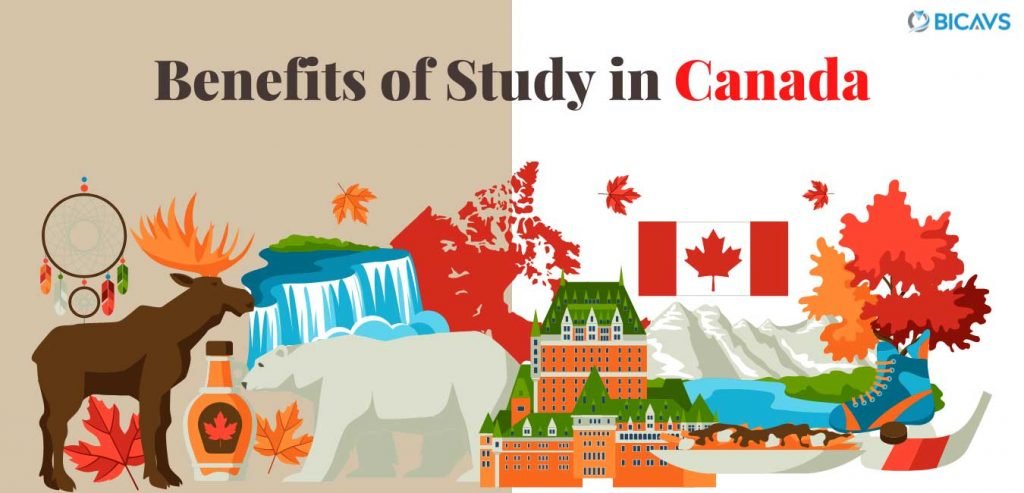study in other countries, such as the United States. It allows you to make some money to fund your ongoing studies and living costs, all the while giving you connections in the local labour market. These professional networks could be the lead to landing a great job upon graduation.
Bring family members to join you in Canada
The government of Canada, not to mention the university or college you are attending, wants you to be happy while you are studying in Canada. Consequently, you can have your spouse/common-law partner join you in Canada, as well as any dependent children. Your spouse/partner can apply for an open work permit, allowing him or her to come to Canada and work for any employer, while your children may also join you.
In addition, you can also look into having other family members, such as parents and siblings, visit you in Canada.
Obtain a Post-Graduation Work Permit upon graduation
Under the Post-Graduation Work Permit Program, you can obtain a work permit valid for up to three years, depending on the duration of your study program.
- No job offer is required.
- Work with any employer across Canada and change jobs when you want to.
- Get that all-important Canadian work experience as you work towards obtaining permanent residence.
Many international graduates use the PGWP as a stepping stone into a successful career in Canada, and towards Canadian permanent residence.
Gain valuable Canadian work experience
Many Canadian economic immigration programs place a large emphasis on applicants’ work experience in Canada. As a graduate who has already entered the Canadian labour market, you have proven that you are an asset to the country. You can be trusted, you are intelligent, you are educated, and you get along with colleagues — so of course, Canada wants you to stay around longer than just a few years.
While working in Canada, you can build connections that will help you throughout your career. Overall, your Canadian work experience is likely to prove invaluable.
Discover your pathway to permanent residence
There are probably more pathways to Canadian permanent residence than you think. Did you know that some provinces allow certain graduates from institutions in other provinces to apply to their particular Provincial Nominee Program (PNP)? It’s true.
And did you know that the federal government also provides multiple pathways to permanent residence? That’s true too.
Make sure you have a plan in place for making this important transition and get assistance if you’re unsure of all your potential options.
Secure permanent resident status, and ultimately Canadian citizenship
This is the ultimate goal of many, if not most, international students and graduates in Canada. The permanent resident status grants several rights, including the right to live and work anywhere in Canada without the need to first secure a work permit. It is also a step along the way to Canadian citizenship. Canada is looking to its cohort of international students and graduates to become its leading newcomers. You have learned the language(s), got the experience and the education, and proven that you are worthy of joining the Canadian family.








